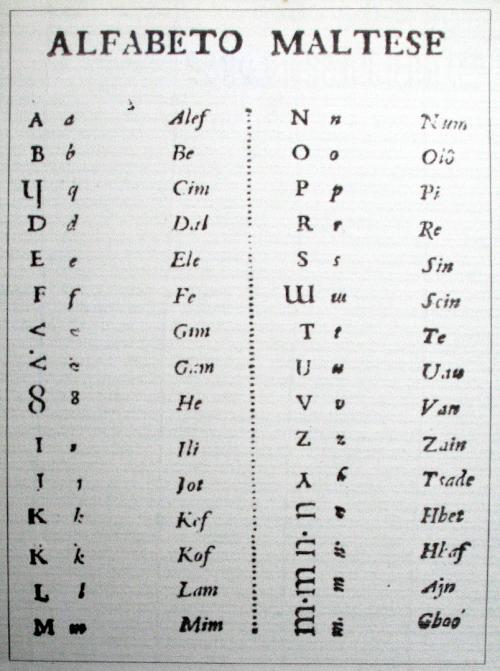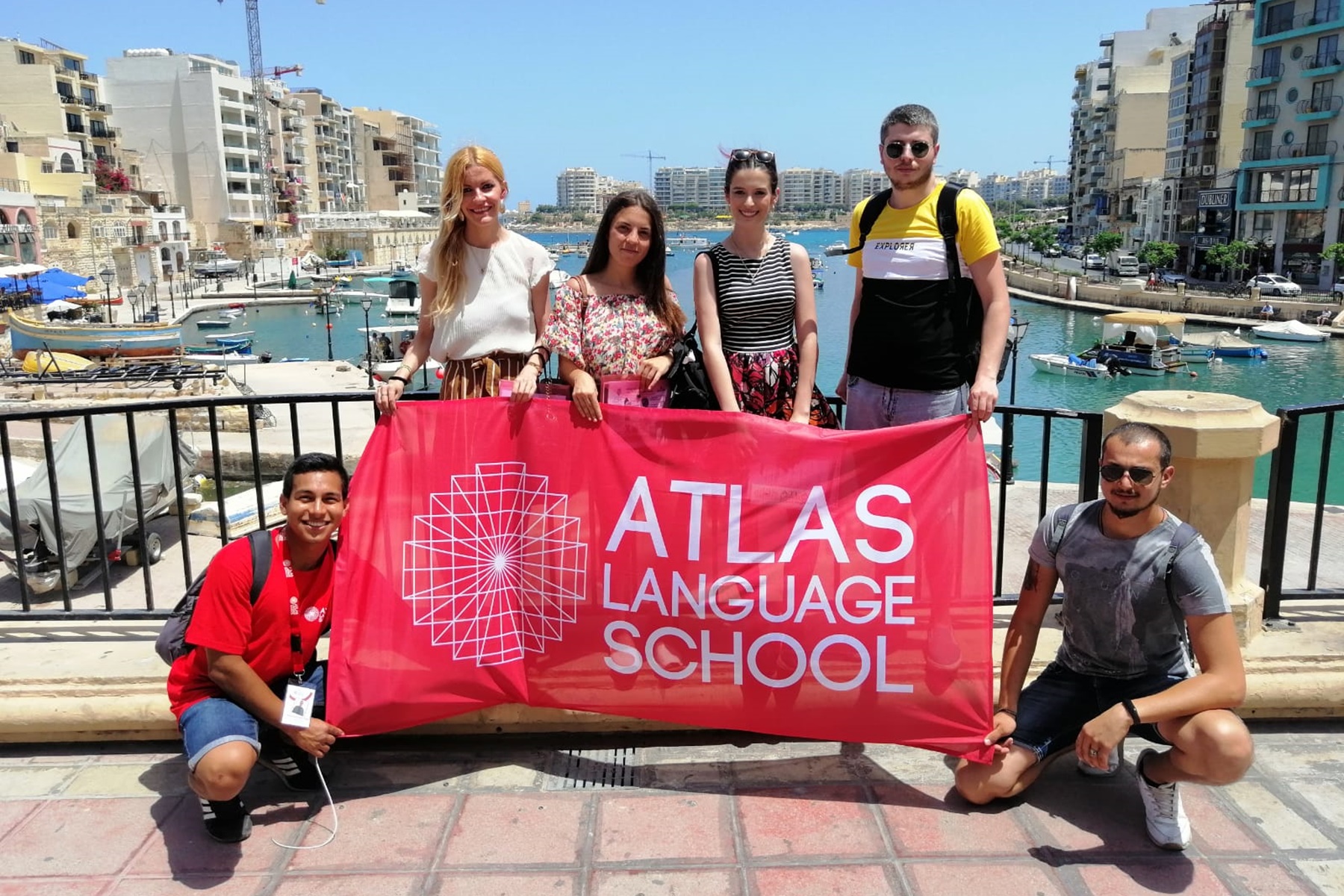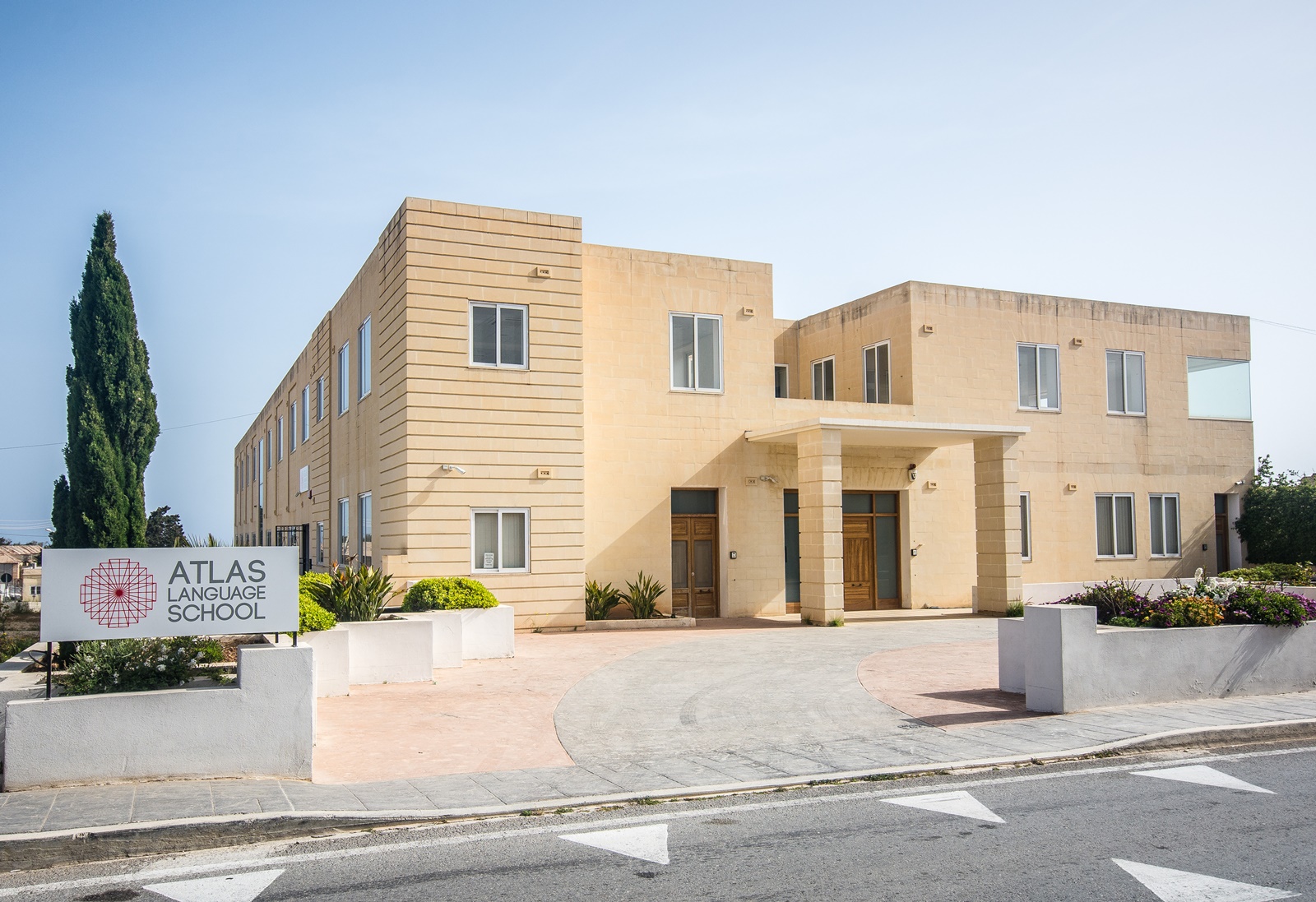Malta language is a fascinating topic that draws the attention of language enthusiasts and travelers alike. As a unique blend of Semitic, Romance, and Germanic influences, it offers an intriguing linguistic journey. Whether you're planning to visit Malta or simply interested in expanding your linguistic horizons, understanding the intricacies of this language can open doors to new cultural experiences.
The Maltese islands have a rich linguistic history that dates back centuries, and its official language, Maltese, reflects this vibrant past. With deep roots in the Arabic language and significant influences from Italian and English, Maltese is a linguistic marvel worth exploring. This article aims to provide an in-depth guide to the Malta language, covering its history, structure, and practical usage.
By delving into the nuances of the Malta language, you can gain valuable insights into the island's culture and heritage. This guide will equip you with the knowledge and tools necessary to appreciate and communicate in Maltese, whether you're a beginner or an advanced learner. Let's embark on this linguistic adventure together!
Read also:Danielle Busby A Comprehensive Guide To Her Life Career And Influence
Table of Contents
- The History of Malta Language
- Understanding the Structure of Maltese
- Building Your Maltese Vocabulary
- Key Grammar Rules of Maltese
- Mastering Maltese Pronunciation
- Effective Ways to Learn Malta Language
- Recommended Resources for Learning Maltese
- Practical Tips for Beginners
- Cultural Insights Related to Malta Language
- The Future of Malta Language
The History of Malta Language
The Malta language, officially known as Maltese, has a rich and complex history that spans over a millennium. Its origins can be traced back to the Siculo-Arabic dialect spoken in Sicily and Malta during the Middle Ages. Over time, it evolved into a distinct language, incorporating elements from Italian, English, and other European languages.
Throughout the centuries, the Malta language has been shaped by various historical events and cultural exchanges. The influence of the Knights of St. John, who ruled Malta from 1530 to 1798, introduced numerous Italian and French words into the lexicon. Later, during British colonial rule, English became a significant part of the linguistic landscape, further enriching the language.
Historical Influences on Malta Language
- Siculo-Arabic Roots: The foundation of Maltese lies in the Siculo-Arabic dialect, which was brought to the islands by settlers from Sicily.
- Italian Influence: The rule of the Knights of St. John introduced a large number of Italian words into the language.
- English Contributions: British colonial rule added many English terms, especially in administrative and technical contexts.
Understanding the Structure of Maltese
Maltese is a Semitic language with a unique structure that sets it apart from its linguistic relatives. Its grammar and syntax exhibit characteristics typical of Semitic languages, such as triconsonantal roots and vowel patterns, but it also incorporates features from Romance and Germanic languages.
The writing system of the Malta language uses the Latin alphabet, making it more accessible to learners familiar with Western languages. Despite this, the pronunciation and spelling rules can be challenging due to the blending of different linguistic influences.
Key Features of Maltese Structure
- Triconsonantal Roots: Words are built around a three-consonant root, with vowels and affixes modifying the meaning.
- Gender and Number: Nouns and adjectives have gender (masculine/feminine) and number (singular/plural) distinctions.
- Verb Conjugation: Verbs are conjugated based on tense, person, and number, reflecting the complexity of Semitic languages.
Building Your Maltese Vocabulary
Expanding your vocabulary is a crucial step in mastering the Malta language. Maltese vocabulary is a fascinating mix of Arabic, Italian, and English words, making it both challenging and rewarding to learn. By focusing on common phrases and everyday expressions, you can quickly enhance your communication skills.
Some essential Maltese words and phrases include:
Read also:John David Thornton A Comprehensive Look Into His Life Achievements And Influence
- Salvett: Hello
- Grazzi: Thank you
- Jekk jogħġbok: Please
- L-għaliex?: Why?
Common Maltese Expressions
Learning common expressions can help you navigate daily conversations in Malta. Here are a few examples:
- Iż-Żmien jkun xariż: The weather is nice.
- Jien jmiss: I am lost.
- Kemm kost?: How much does it cost?
Key Grammar Rules of Maltese
Maltese grammar follows a set of rules that reflect its Semitic origins while incorporating elements from other languages. Understanding these rules is essential for constructing coherent sentences and expressing ideas effectively.
Some key grammar rules include:
- Word Order: Maltese typically follows a Subject-Verb-Object (SVO) word order, similar to English.
- Plurals: Nouns form plurals by adding suffixes or changing vowels, depending on the word.
- Possessives: Possessive pronouns are attached to the end of nouns, altering their form.
Examples of Maltese Grammar in Action
Here are a few examples to illustrate Maltese grammar rules:
- Il-ktieb ta' r-reġina: The book of the queen.
- Ilsien tagħhom: Their language.
Mastering Maltese Pronunciation
Pronunciation is a critical aspect of learning any language, and Maltese is no exception. The Malta language has a unique set of sounds that may be unfamiliar to English speakers, but with practice, you can master them.
Some key sounds in Maltese include:
- Għ: A voiced fricative sound similar to the "ch" in Scottish "loch."
- Ċ: Pronounced like the "ch" in "church."
- Ż: Similar to the "z" in "zoo."
Practical Tips for Improving Pronunciation
To improve your Maltese pronunciation, consider the following tips:
- Listen to Native Speakers: Immerse yourself in the language by listening to Maltese radio or podcasts.
- Practice Regularly: Dedicate time each day to practice speaking and repeating words aloud.
- Use Language Apps: Apps like Duolingo and Memrise offer pronunciation exercises for Maltese learners.
Effective Ways to Learn Malta Language
Learning Maltese requires a combination of dedication, resources, and practice. There are several effective methods to enhance your learning experience and accelerate your progress.
Language Courses
Enrolling in a structured language course can provide you with a solid foundation in Maltese. Many institutions offer online and offline courses tailored to different proficiency levels.
Language Exchange Programs
Participating in language exchange programs allows you to practice Maltese with native speakers while teaching them your native language in return. This reciprocal arrangement fosters cultural exchange and linguistic growth.
Recommended Resources for Learning Maltese
Access to quality resources can significantly enhance your learning journey. Here are some recommended resources for mastering the Malta language:
- Books: "Maltese for Beginners" by Joseph Aquilina and "Colloquial Maltese" by Joseph Aquilina.
- Websites: MaltaOnline.com and LearnMaltese.com offer free lessons and exercises.
- Apps: Duolingo and Memrise provide interactive lessons for Maltese learners.
Utilizing Online Resources
Online platforms offer a wealth of information and tools for learning Maltese. From grammar guides to vocabulary lists, these resources can complement your learning efforts.
Practical Tips for Beginners
As a beginner, it's important to establish good learning habits and strategies to ensure steady progress. Here are some practical tips to help you get started:
- Set Clear Goals: Define what you want to achieve and set realistic targets.
- Practice Daily: Consistent practice is key to mastering any language.
- Engage with the Culture: Immerse yourself in Maltese culture to deepen your understanding of the language.
Overcoming Common Challenges
Learning Maltese can present certain challenges, such as mastering its unique sounds and grammar rules. By staying persistent and utilizing available resources, you can overcome these obstacles and achieve fluency.
Cultural Insights Related to Malta Language
Language and culture are deeply intertwined, and understanding the cultural context of the Malta language can enrich your learning experience. Maltese culture is a vibrant blend of Mediterranean traditions, reflecting the island's historical interactions with various civilizations.
Some cultural aspects to explore include:
- Festivals: Malta hosts numerous festivals throughout the year, showcasing its rich cultural heritage.
- Cuisine: Traditional Maltese dishes offer a taste of the island's culinary traditions.
- Music and Dance: Folk music and dance are integral parts of Maltese cultural expression.
Language in Everyday Life
In Malta, both Maltese and English are widely spoken, with many residents fluent in both languages. This bilingual environment creates a unique linguistic landscape where Maltese is often used in informal settings, while English dominates formal contexts.
The Future of Malta Language
The Malta language continues to evolve, adapting to modern influences while preserving its rich heritage. Efforts to promote and preserve Maltese are ongoing, with initiatives aimed at encouraging its use in education, media, and daily life.
As Malta's role in the global community grows, the importance of the Malta language is likely to increase, offering new opportunities for cultural exchange and linguistic exploration.
Preserving the Language
Preservation efforts include documenting Maltese dialects, promoting its use in digital platforms, and encouraging younger generations to embrace their linguistic heritage.
Conclusion
In conclusion, mastering the Malta language offers a gateway to understanding the rich cultural tapestry of the Maltese islands. By exploring its history, structure, and practical usage, you can gain valuable insights into this unique linguistic phenomenon. Whether you're a traveler, a language enthusiast, or a cultural explorer, learning Maltese can enrich your life in countless ways.
We invite you to share your thoughts and experiences in the comments below. Have you started learning Maltese? What challenges have you encountered? Feel free to explore our other articles for more language learning tips and resources. Thank you for joining us on this linguistic journey!


